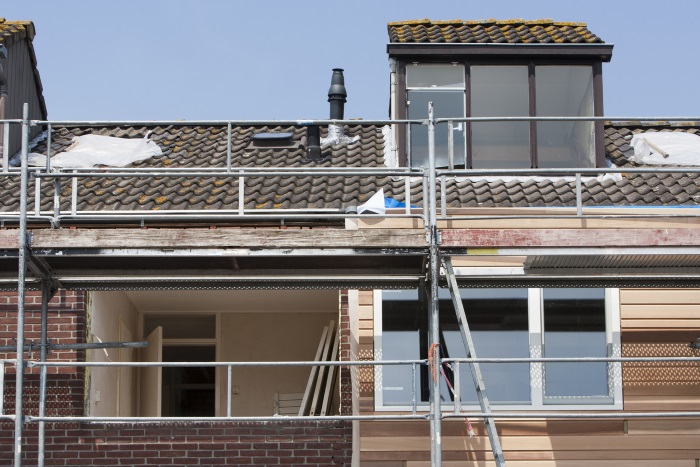So you’ve finally purchased that quaint little farmhouse in the French countryside, or that old villa in Spain you’ve been searching for, and you can’t wait to make it your home away from home.
But if it’s in need of some TLC to make it habitable again, it’s important to be prepared for the project you’re undertaking. Renovations can be tricky to organise, and arranging one in a foreign country comes with an additional set of difficulties.
Keep reading if you want to find out about common renovation mistakes – and how to avoid them.
Plan your renovation with care
One of the biggest mistakes people make with property renovation is to not spend enough time planning it. It’s essential to invest a decent amount of time in thoroughly planning every aspect of the renovation before any work begins if you want to finish the project on time, on budget and without there having been any major disasters.
When it comes to planning, its crucial to start with your budget as you don’t want to run the risk of overspending before you finish, leaving you out of pocket with your project incomplete. If you’re planning to sell your property on in the future, failing to stick to a strict budget can also eat into any potential profits from the sale.
Depending on the extent of the renovation you may wish to enlist the help of an architect, they will help focus your ideas and keep them grounded in reality, giving you a clear plan from which to work and ensuring that you don’t fall into the trap of altering, adding to or completely changing your project halfway through.
If you’re going to hire someone to do some of the work, don’t rush the hiring process. Go online and research, read reviews, seek recommendations and phone a number of different contractors to make sure you’re hiring someone reputable and reliable, rather than just the person who’ll offer you the best deal.
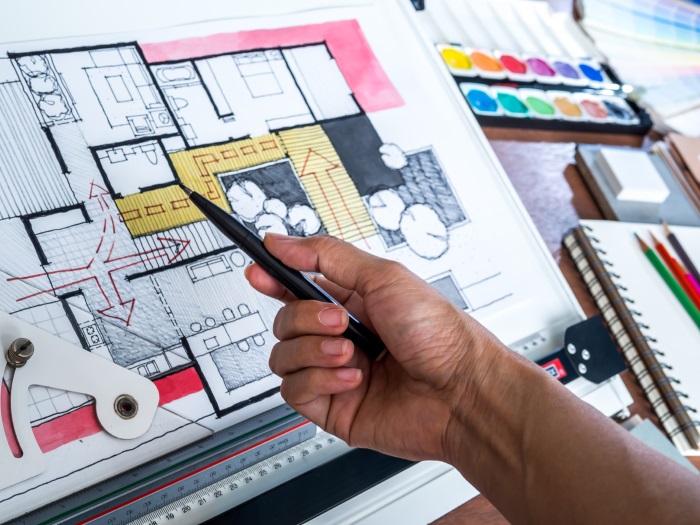
Ensure you spend enough time planning your renovation
Approach the renovation in stages
While it’s tempting to go hammer and nails at a renovation as soon as you own the property, attempting too much too soon could lead to issues and delays later down the line.
When renovating it’s best to take it one room at a time wherever possible, especially if you’re living in the property as you work on it – finding yourself living in a building site can become disheartening quite quickly and reduce your enjoyment of what should be a fun project.
Conversely, if you’re taking the DIY approach and doing the lion’s share of the work yourself, it can be difficult to know where to begin sometimes, so dividing the renovation into stages can keep you on track and make the work feel less overwhelming. Major projects, like redoing the kitchen, might be better left until you’ve built up your skills. Don’t bite off more than you can chew from the off and you could prevent yourself from making some potentially costly mistakes.
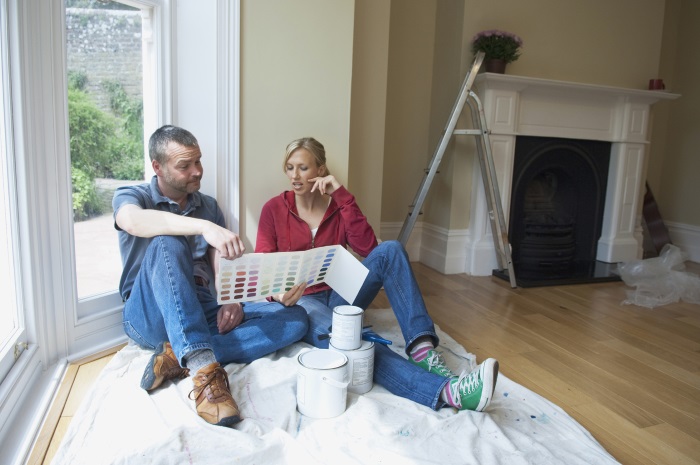
Try not to attempt too much too soon
Spend money where it counts
People often end up getting far too wrapped up over certain aspects of a renovation, but until all the groundwork’s done it can be counterintuitive to focus energy and attention on things like finding the perfect bathroom sink.
If you’ve bought the property as an investment, it’s important to know where it’s best to spend your time and money in order to maximise the impact on potential buyers – and your potential profit.
If the property will be your home, you should think about which rooms you spend the most time in and focus on making sure these are as inviting as possible. Often the living room and kitchen are the centre of a home, so you’ll want to make sure that these spaces are given the due care and attention they deserve.

Prioritise the rooms you will spend most time in
Respect a property’s heritage
While incorporating contemporary style into an older property can really make your home stand out from the rest, one mistake renovators make is not respecting the original architecture. This move can annoy locals and result in a mixture of styles that could be viewed as jarring.
Try and ensure that any renovations you make don’t rob a property of its character and that your alterations don’t contrast too heavily with the local look. For one thing, changing the appearance of the place too much could make it more difficult to sell on in the future.
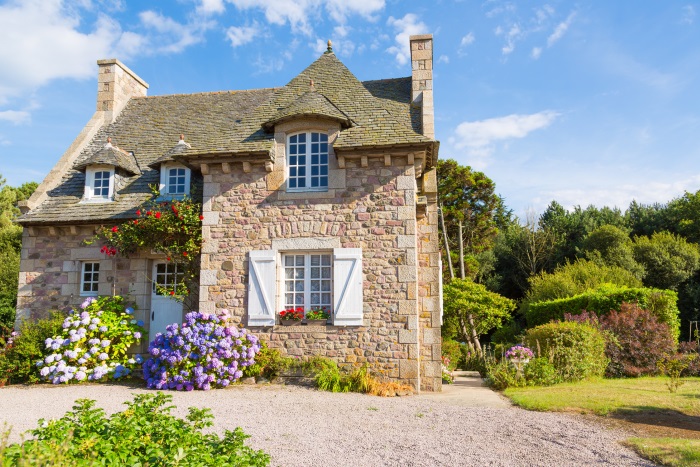
Respect the original architecture
Make time for landscaping
A final note to remember is that renovations are not restricted to the home itself. For your own enjoyment and the future saleability of a property it’s worth making sure the ground it resides on is well kept and in line with the atmosphere you’re trying to cultivate. First impressions matter and the way it’s situated is the first thing anyone will notice when visiting your home.
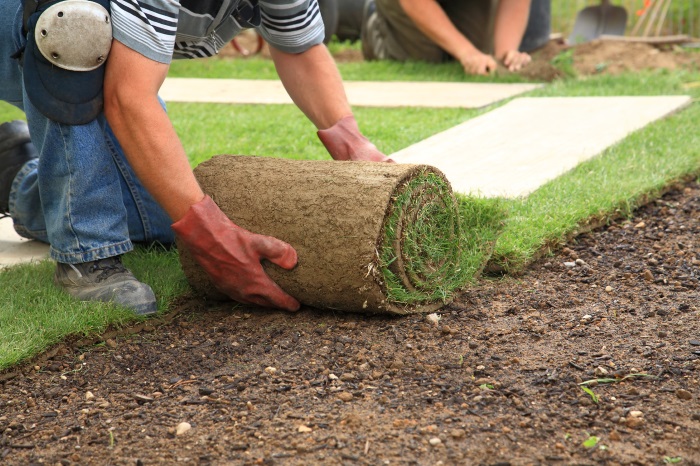
Could be worth looking at landscaping your garden
If you’re keen to take on an overseas renovation project but aren’t sure which countries are your best options for investment, check out our News section for the latest updates.








